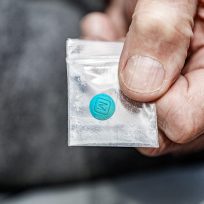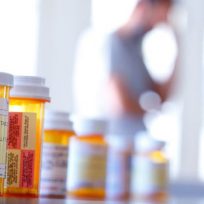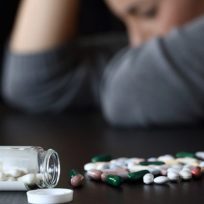Detoxification involves ridding the body of addictive substances that are toxic to your system. Undergoing a rapid detox procedure helps you withdraw from drugs, such as opiates, at an accelerated rate and within a shorter time frame than other processes. Undergoing rapid detox includes going through the withdrawal process while safely sedated, so that you can be drug free in one day.
The Rapid Detox Procedure
Before undergoing rapid detox, you undergo a screening interview to determine whether this is the correct path for you. After you’ve consulted with staff and have been medically cleared with blood work and other diagnostic tests, you will be admitted to the surgical center the evening prior to your scheduled procedure. On that morning, you will be sedated and given opiate blockers. After your rapid detox procedure, which takes about an hour, you will be taken to a recovery room for observation until the following morning, then transferred to a residential aftercare center to complete your recovery.
What To Expect Afterwards
Once the rapid detox procedure is completed, you can expect to experience some symptoms of withdrawal that are both physical and psychological. Every person differs in how they react symptomatically to rapid detox, but the most common bodily symptoms include:
- Fluid retention
- Insomnia
- Difficulty with body temperature regulation
- Changes in appetite
Psychologically, you may develop mood changes, which is common for anyone who undergoes detox. It takes just a few days for your mood to return to a more even keel and your cravings for substances will be much lower. In the meantime, counseling services during the aftercare phase can help you overcome the fluctuations in mood.
Rapid Detox and Supervision
It’s important to keep in mind that rapid detox in a state-of-the-art medically supervised facility is much safer and less stressful than attempting to withdraw from opiates on your own or with a provider who will discharge you home right after the procedure. Detox can be painful, both emotionally and physically, unless you have the support and guidance of professionals who will treat you with compassion, skill, and personalized attention.
The recovery period after rapid detox is best spent in a recovery center immediately after the procedure. There, you will receive the individual care you need and will be encouraged to seek out further access to medicines, counseling, and alternative treatment methods, such as acupuncture.







